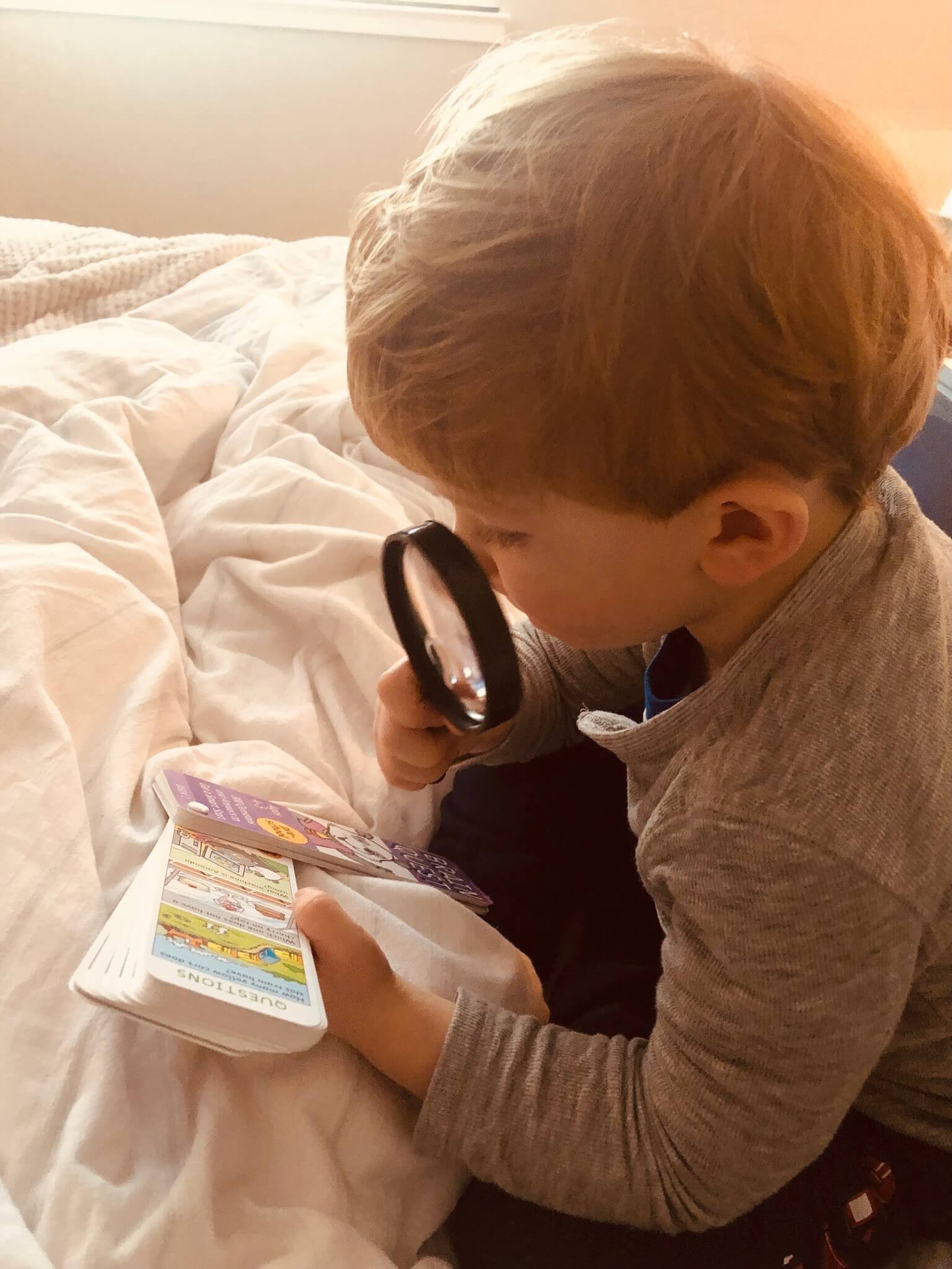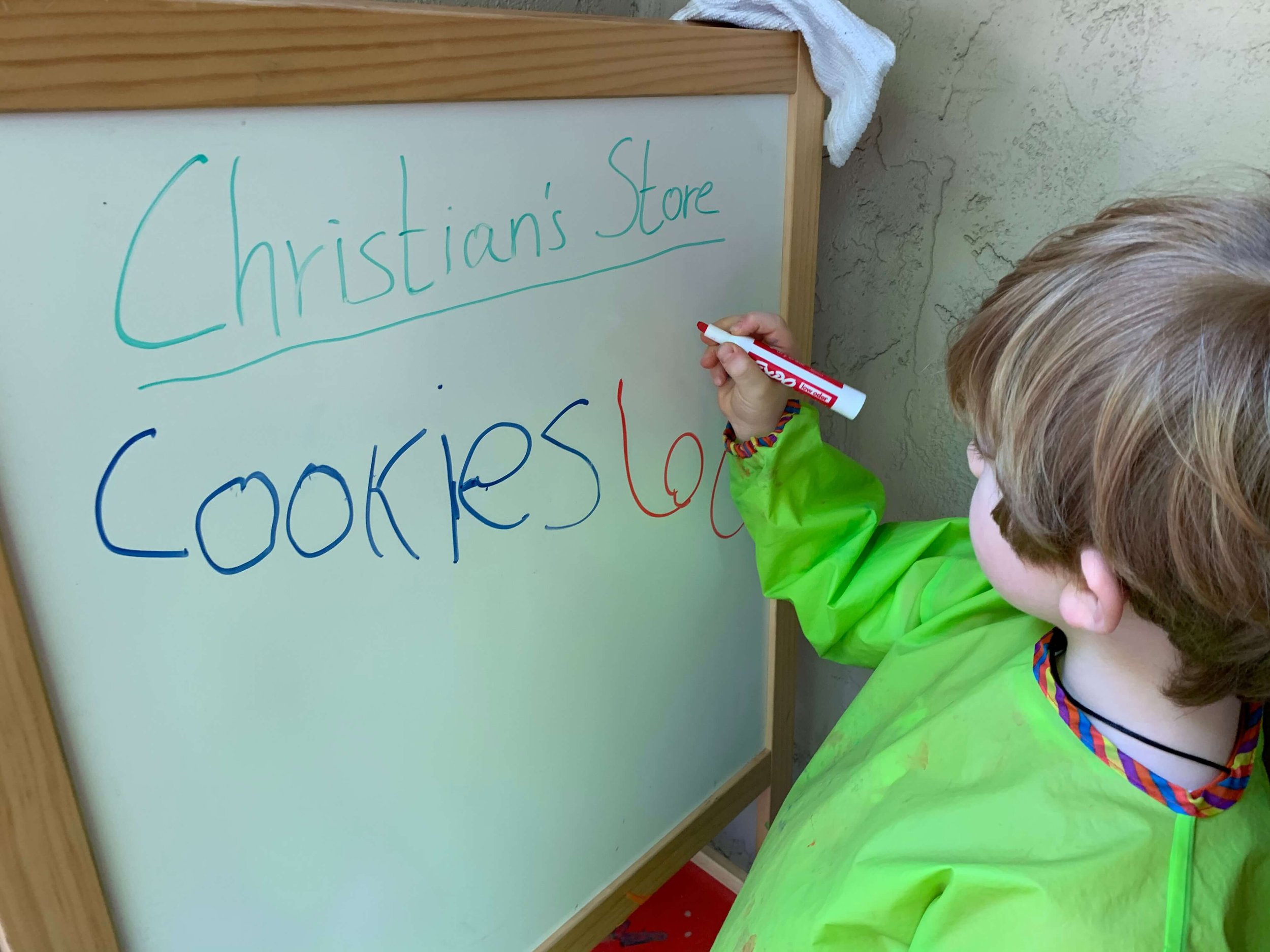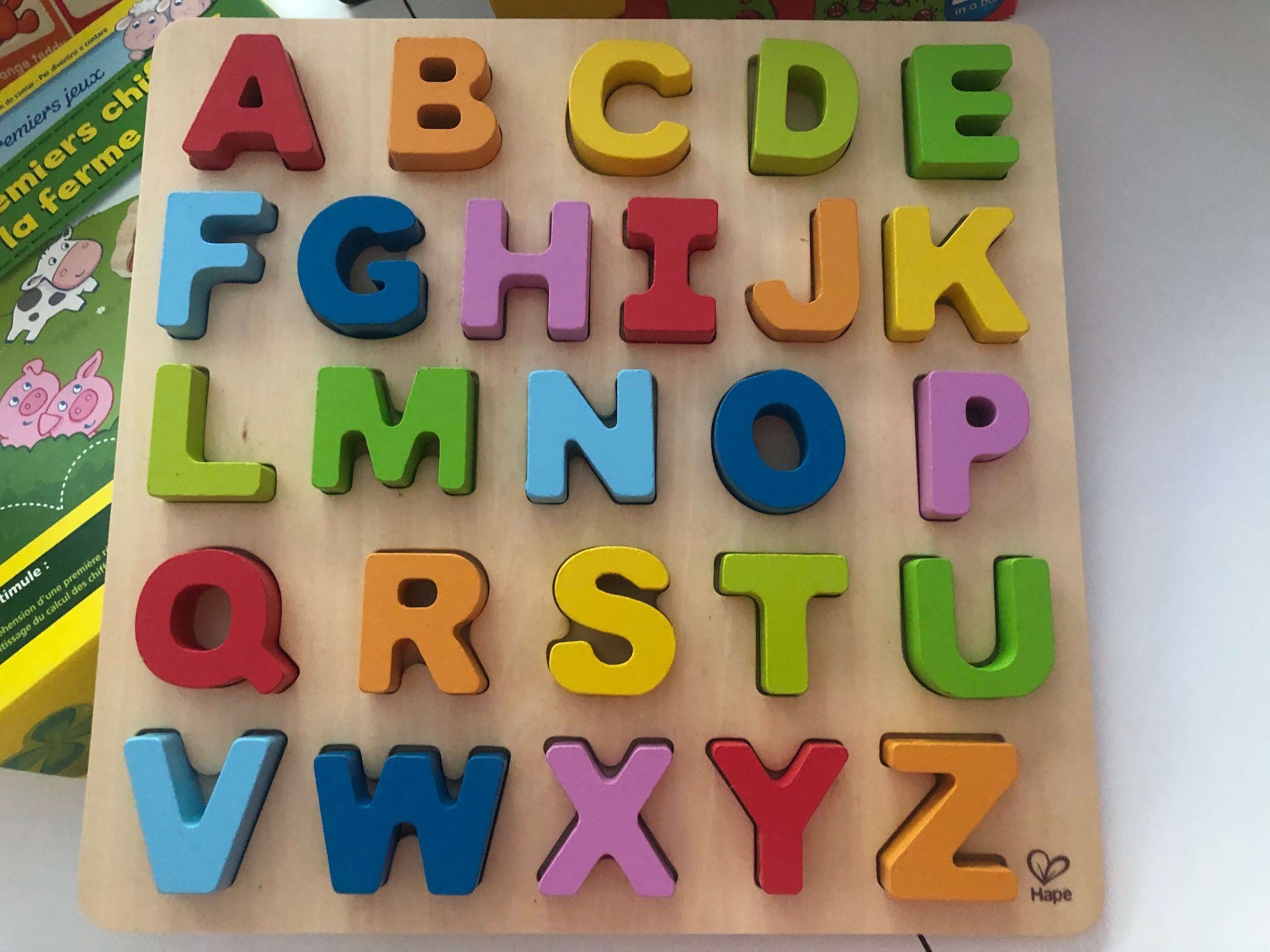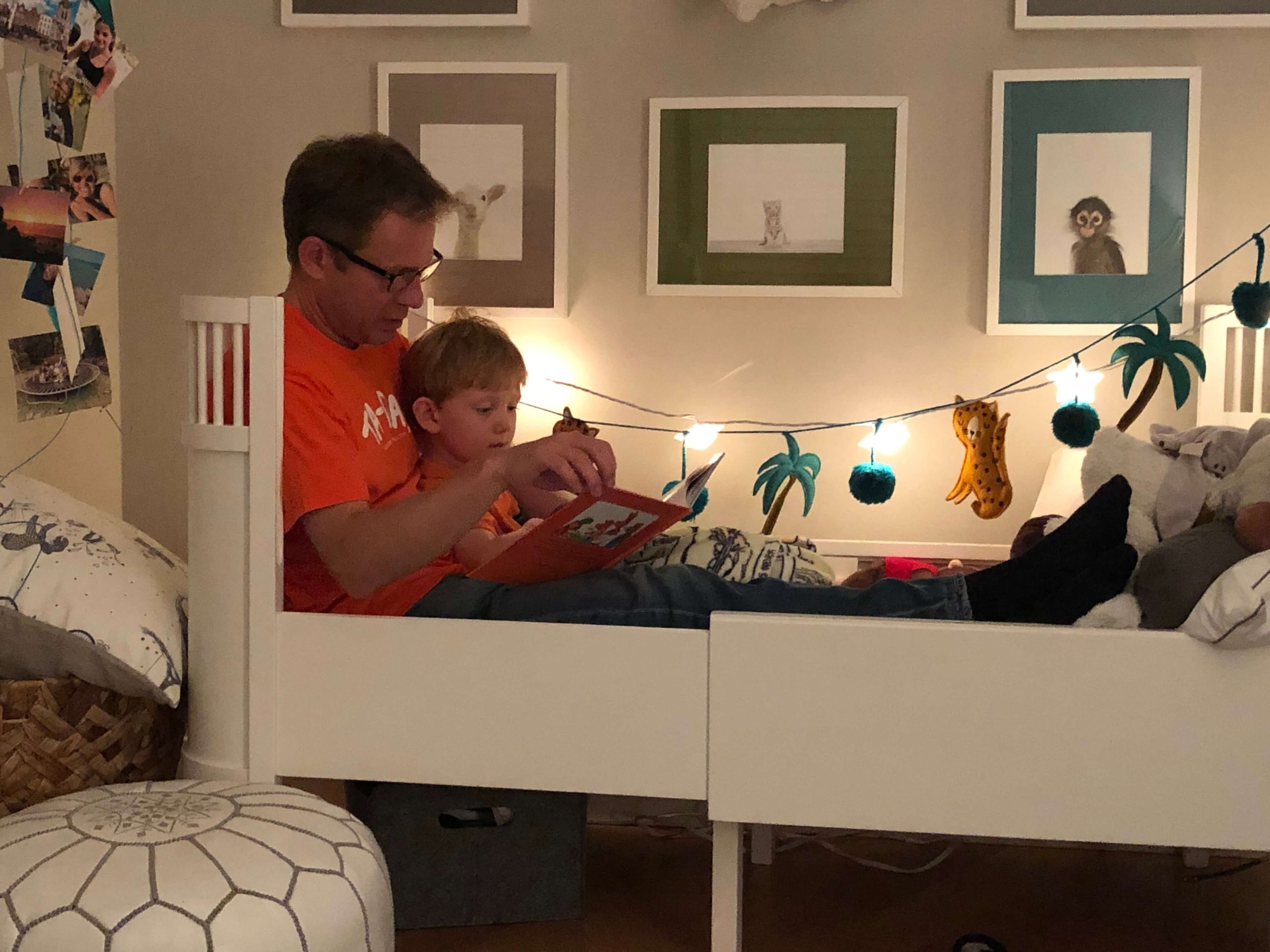Why Embark on Language Learning Before Age 7? (But Never Too Late to Embark!)
My son's godparents, whom we purposefully chose from different languages and cultures than his own
Language is a window to the world, a bridge connecting us to cultures and people beyond our own. In a globalized society, the ability to communicate in multiple languages is not just a skill; it's a valuable asset that enriches our lives in countless ways. But when is the right time to introduce your child to the world of language learning? And can language acquisition be pursued later in life? Let's explore the science and benefits behind early language learning and why it's never too late to embark on this linguistic journey.
My son who had traveled to 13 countries before age 7
Early Language Learning: The Science and Benefits: Why Before Age 7?
Research shows that children have a remarkable ability to acquire languages effortlessly during their early years. Their brains are wired to soak up linguistic nuances and phonetic variations, making them natural language learners. Between birth and around age 7, a child's brain experiences a critical period for language acquisition, often referred to as the "sensitive period." During this window, the brain forms neural connections that lay the foundation for linguistic skills.
Embracing the joy of learning a new language from a young age. #LanguageEnrichment
Cognitive Boost
Early language learning doesn't just result in multilingualism; it also enhances cognitive abilities - yes, we’re talking about smarts. Studies suggest that bilingual children develop better problem-solving skills, greater cognitive flexibility, and improved memory. Learning multiple languages at a young age encourages children to think creatively and adapt to different ways of expressing ideas.
Cultural Enrichment
Equally important in our global world, language is also a vessel of culture. Introducing your child to a new language opens doors to cultural exploration. It instills an appreciation for diversity, fosters empathy, and allows children to connect with people from various backgrounds on a deeper level. Take it from me having lived and taught children all over the world, it’s a beautiful thing.
Never Too Late to Embark: The Myth of the Critical Period
My husband embarking on his 4th language, German, at age 50. It's never too late to learn! #LifelongLearner
While early language learning offers distinct advantages, it's important to debunk the myth that language acquisition is impossible after the so-called critical period. While it's true that language learning becomes more challenging with age, the brain's plasticity ensures that we can continue learning new languages throughout our lives.
(I will be embarking on a new language at almost 50 years, and my husband, who has already hit the big milestone, recently embarked on his 4th language, German. He’s loving every minute of it! Stay turned as I share more behind the scenes of this crazy multilingual family - and help support you to make it easy to embark on your own!)
Lifelong Benefits
Learning a new language at any age enhances cognitive function and memory. It improves multitasking skills, boosts creativity, and even has positive effects on delaying cognitive decline in older adults. Language learning is a workout for the brain, keeping it agile and engaged.
A Journey Worth Embarking On
Language learning is a journey that evolves over time. Whether you're introducing your child to new languages before age 7 or starting your own linguistic exploration later in life, the benefits are immeasurable. The joy of communication, the ability to connect with others, and the doors it opens in personal and professional spheres make language acquisition a lifelong endeavor worth pursuing!
Further Reading for Curious Minds
"The Sensitive Period for the Acquisition of Language in Childhood" - Harvard University
"Bilingual Brains: A Meta-Analysis of Structural Differences in Children Learning More Than One Language" - University of Washington
"The Cognitive Benefits of Being Bilingual" - American Psychological Association
"Late Bilinguals Are Sensitive to Unique Aspects of Speech Production: Evidence from Phonetic Category Learning" - University of Maryland
"Language Learning and Brain Reorganization in Children" - Proceedings of the National Academy of Sciences
Are you ready to ignite a lifelong love for languages in your child?
Join our vibrant TA-DA! Language Adventures community and embark on a journey of multilingual exploration. Whether your child is under 7 or beyond, it's never too late to open the door to a world of linguistic wonders.












